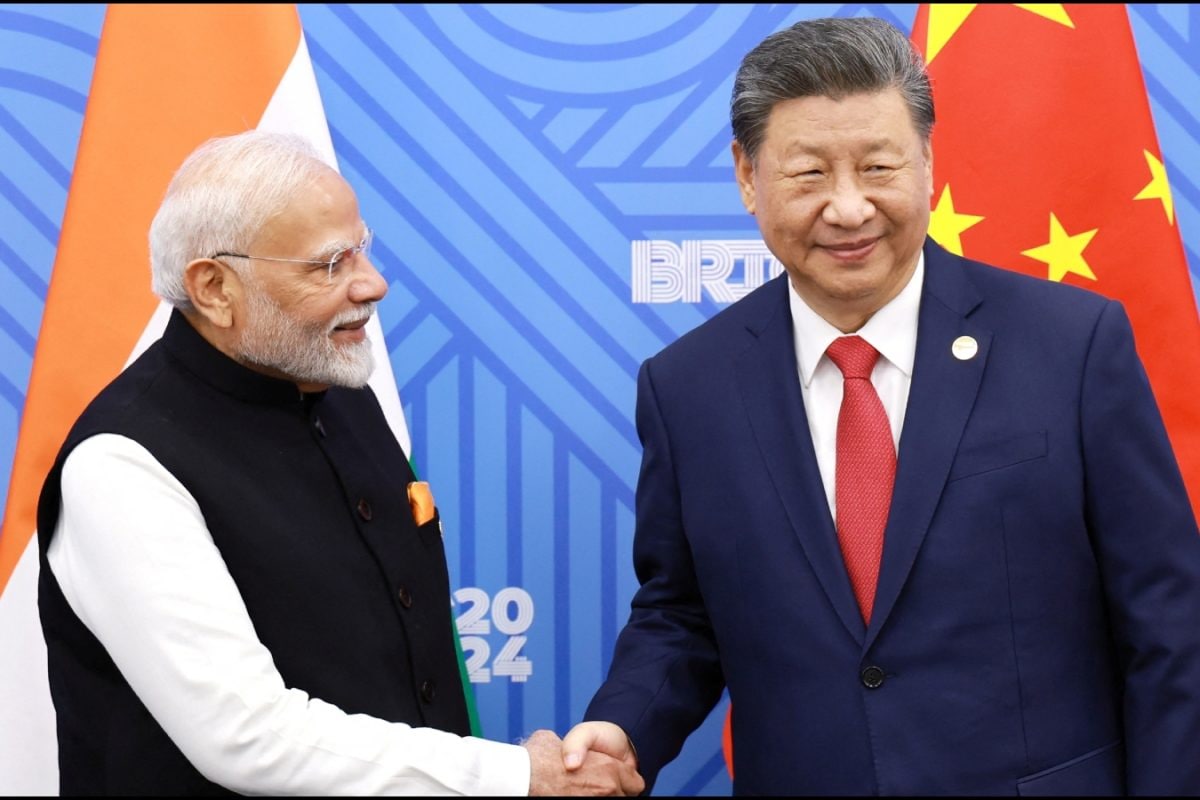

India and China are reportedly engaged in discussions to resume border trade after a five-year halt, signaling a potential thaw in relations amidst a changing global trade landscape. Officials from both foreign ministries have confirmed the ongoing discussions, highlighting the symbolic importance of reviving trade across the Himalayan border passes.
The closure of trading points in 2020 coincided with the COVID-19 pandemic and a sharp deterioration in bilateral ties following deadly clashes in the Himalayas. These confrontations resulted in casualties on both sides and significantly strained the relationship between the two nations.
Now, as both countries face increasing economic pressures, particularly with rising tariffs from the United States, the move to mend ties has gained momentum. The resumption of border trade is viewed as a step towards easing long-standing tensions and fostering a more stable relationship.
China's Ministry of Foreign Affairs has expressed its willingness to enhance communication and coordination with India on the matter, emphasizing the important role border trade has historically played in improving the lives of border residents. New Delhi's junior foreign minister, Kirti Vardhan Singh, also informed the parliament that India has engaged with China to facilitate the resumption of border trade.
Prior to the halt, trade between India and China through designated Himalayan posts involved locally produced goods such as spices, carpets, furniture, and wool. While the trade volume was relatively small, totaling $3.16 million in 2017-18, it held significant value for local economies and symbolized a working relationship along the contested border.
In addition to the border trade discussions, both countries are reportedly preparing to resume direct passenger flights, which have been suspended since 2020. These steps indicate a broader effort to rebuild trust and cooperation after a period of heightened tension.
Prime Minister Narendra Modi is expected to visit Tianjin on August 28, 2025, for the Shanghai Cooperation Organization (SCO) Summit, potentially holding a bilateral meeting with Chinese President Xi Jinping. Chinese Foreign Minister Wang Yi is also scheduled to visit New Delhi for talks with National Security Advisor Ajit Doval.
The potential resumption of border trade involves reopening designated trading points along the shared border, including Lipulekh Pass, Shipki La Pass, and Nathu La Pass. While no specific restart date has been announced, the ongoing discussions and positive signals from both sides suggest a commitment to revitalizing this aspect of their economic relationship.
The easing of restrictions on fertilizer supplies from China to India further underscores the improving climate and the willingness of both nations to take confidence-building measures. These developments indicate a move towards renewed economic and diplomatic engagement after years of strained relations.